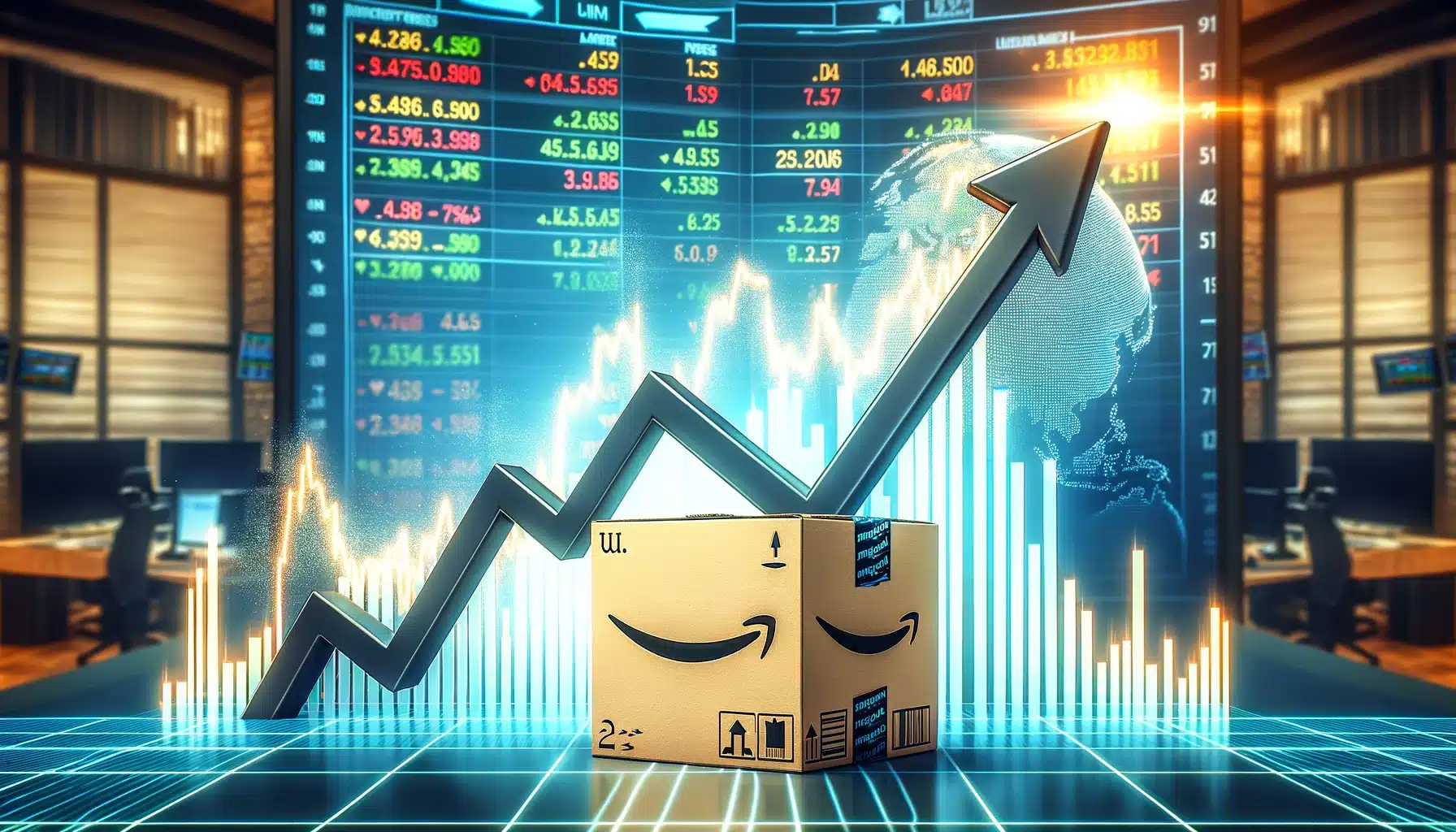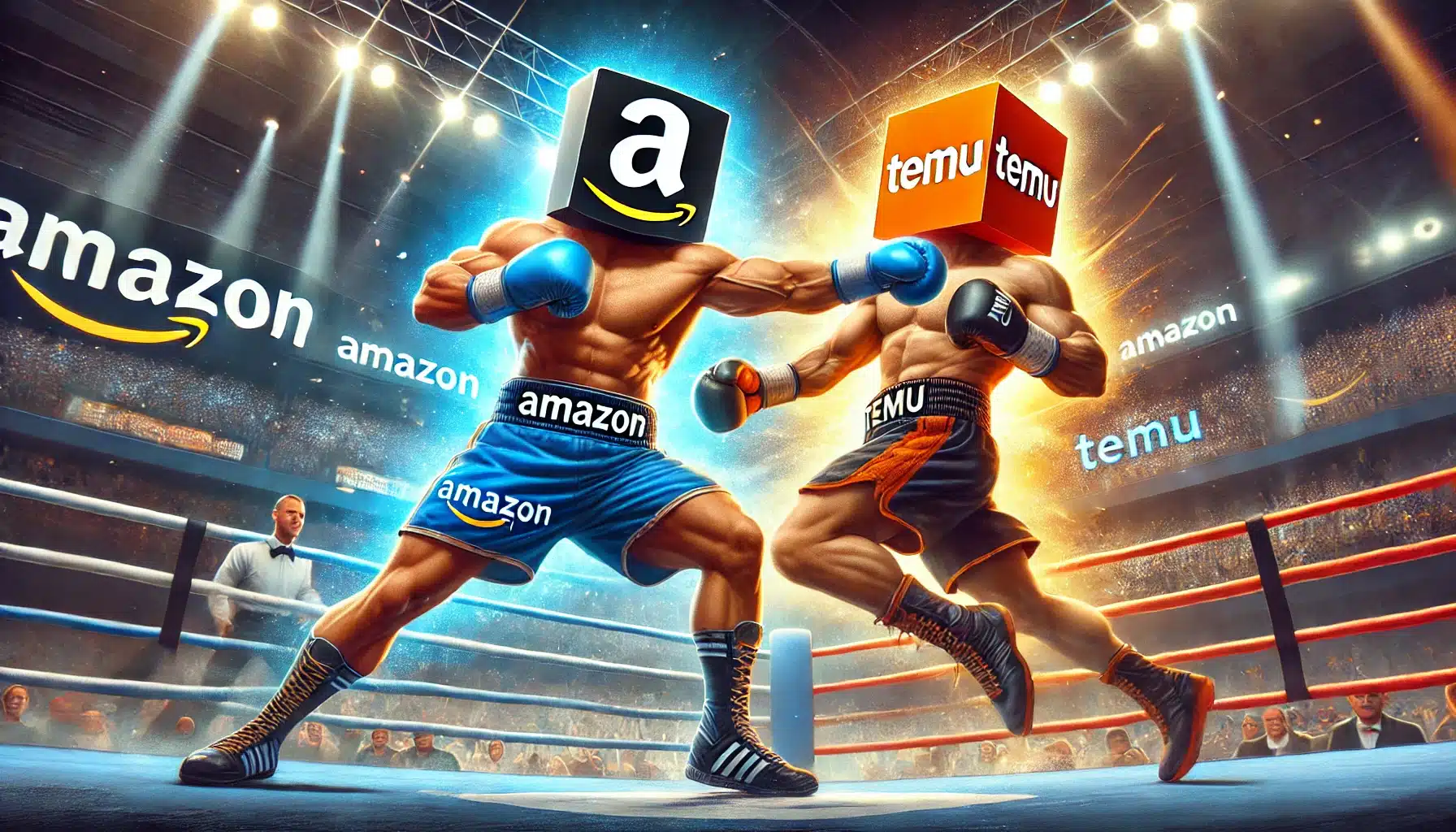Could Amazon take down FedEx?

 The battle lines are being drawn in the logistics industry as e-commerce giant Amazon (Amazon Stock Quote, Chart, News NASDAQ:AMZN) looks to expand its own shipping and delivery network, seemingly leaving shipping stalwarts FedEx and UPS left wondering when the other shoe will drop.
The battle lines are being drawn in the logistics industry as e-commerce giant Amazon (Amazon Stock Quote, Chart, News NASDAQ:AMZN) looks to expand its own shipping and delivery network, seemingly leaving shipping stalwarts FedEx and UPS left wondering when the other shoe will drop.
Can Amazon muscle its way into yet another industry and take out a name like FedEx? Not likely, says David Baskin, president of Baskin Wealth Management, but you never know.
“[FedEx’s] stock went down when Amazon announced that it was getting into the business of delivering its own packages rather than relying on FedEx, UPS and the US Post Office which heretofore had done pretty much 100 per cent of its deliveries,” said Baskin, speaking to BNN Bloomberg Friday.
“Who can say if Amazon decides to throw $50 or $100 billion at package delivery if it can’t just put everybody out of business as it has with so many retail stores? That’s what makes people nervous,” he said.
In June and then again in August, FedEx made announcements that it would end first its air services contract with Amazon and then its ground-shipping contract, with the general assessment now being that FedEx was loathe to be doing business with a company that was increasingly becoming a competitor.
While only a little over one per cent of FedEx’s business had been with Amazon (which has historically relied more heavily on UPS and the US Postal Service in the United States), Amazon’s recent moves to up its shipping capabilities has been pegged as cause for concern for FedEx. Earlier this year, for instance, Amazon announced that it will be expanding its fleet of cargo planes to 70 by the year 2021 and is currently building a huge cargo hub at the Cincinnati/Northern Kentucky International Airport.
“Who can say if Amazon decides to throw $50 or $100 billion at package delivery if it can’t just put everybody out of business as it has with so many retail stores? That’s what makes people nervous…”
For its part, FedEx has been facing headwinds on a number of fronts, with the results showing in its quarterly earnings, which have developed a habit of missing analysts’ estimates.
“Our performance continues to be negatively impacted by a weakening global macro environment driven by increasing trade tensions and policy uncertainty,” said CEO Frederick Smith in a press release for FedEx’s fiscal first quarter, delivered on September 17.
“Despite these challenges, we are positioning FedEx to leverage future growth opportunities as we continue the integration of TNT Express, enhance FedEx Ground residential delivery capabilities and modernize the FedEx Express air fleet and hub operations,” Smith said.
FedEx’s fiscal Q1 ended August 31 featured adjusted earnings of $3.05 per share, lower than the consensus expectation of $3.15 per share, on revenue of $17.05 billion, also lower than the expected $17.06 billion. (All figures in US dollars.)
FedEx’s share price has been on a dismal path over the past two years, having now dropped 43 per cent since January 2018.
Baskin says FedEx is still solid, although there are definite red flags.
“First of all, Fred Smith is not getting any younger and FedEx has tremendous fixed costs,” Baskin said. “It has an air fleet I think bigger than any US airline. It’s got depots all over the world, it’s got trucks, it’s got this tremendous infrastructure of fixed costs. And if you get an economic slowdown, those fixed costs don’t go away.”
“I don’t think that FedEx is going out of business. I think that it’s a tremendous company and it’s got a huge moat around it, along with UPS. But much depends on Amazon right now and it’s unpredictable. I’m not sure I’d jump in and buy the stock right now. I don’t like the big fixed costs, I don’t like where we are in the business cycle and I don’t like the noise coming out of Amazon,” he said.
Disclosure: Cantech’s Nick Waddell owns shares of Amazon



